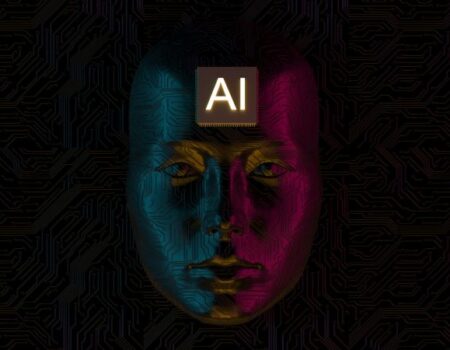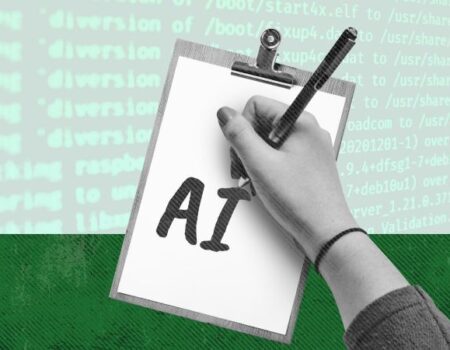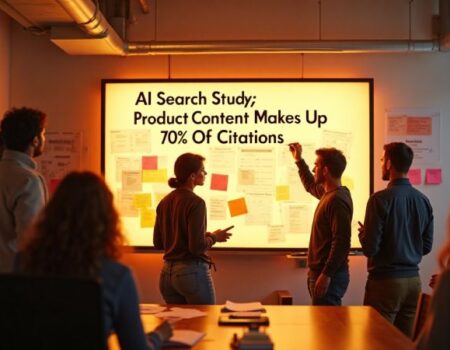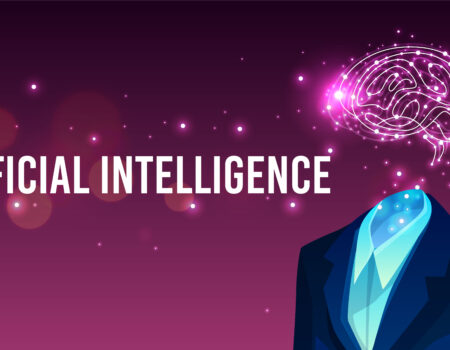11+ Real-World AI Agent Examples
AI agents are like the backstage crew at a concert—working behind the scenes to ensure everything runs smoothly. From recommending your next favorite TV show to handling complex business operations, AI agents are shaping the way we interact with technology daily.
Despite their increasing presence, many people don’t realize how often they encounter AI agents. In this blog, we’ll explore 11+ real-world examples of AI agents making an impact across different industries.
1. Recommendation Engines:
Every time you browse Netflix, YouTube, or Amazon, AI agents are hard at work predicting what you’ll like next. These agents analyze your watch history, search queries, and user preferences to suggest content that matches your interests.
For example, Netflix uses an AI-powered recommendation system that studies your viewing habits and presents personalized content. Similarly, Amazon’s AI-driven product suggestions boost sales by showing customers what they’re most likely to buy based on past interactions.
2. Dynamic Pricing Models:
Have you ever noticed how flight prices change depending on the time and demand? That’s AI-driven dynamic pricing in action. Airlines, hotels, and ride-hailing services like Uber and Lyft use AI agents to adjust prices in real-time.
For instance, if you book a flight last minute or request a ride during peak hours, AI algorithms will increase the price based on demand, supply, and market conditions. This ensures companies maximize revenue while balancing customer affordability.
3. AI-Powered Web Search:
Search engines like Google rely on AI agents to deliver accurate and relevant search results. Google’s AI-driven search algorithms analyze millions of web pages and rank them based on factors like relevance, credibility, and user engagement.
More recently, OpenAI and Google introduced AI-powered web search tools like Operator and Mariner, which go beyond keyword-based searches. These tools can navigate websites, click buttons, and retrieve specific information, making them powerful digital assistants.
4. AI in Customer Support:
Ever interacted with a chatbot when reaching out to a company? AI-powered customer service agents handle millions of queries daily, reducing the need for human intervention.
AI agents assist businesses by:
- Automating responses to frequently asked questions.
- Routing inquiries to the right department.
- Analyzing customer sentiment for better support.
- Learning from past interactions to improve future responses.
For example, AI agents in platforms like Zendesk and Intercom streamline customer support, allowing businesses to resolve issues faster.
5. Content Moderation on Social Media:
Social media platforms like Facebook, YouTube, and TikTok rely on AI agents to moderate content. Given the vast amount of user-generated content uploaded daily, human moderation alone isn’t practical.
AI-powered moderation tools detect and remove:
- Hate speech and offensive language.
- Copyrighted content.
- Fake news and misinformation.
For instance, YouTube’s AI system automatically flags videos containing copyrighted music, while TikTok employs AI to detect inappropriate content before it goes viral.
6. AI in Digital Advertising:
AI plays a crucial role in optimizing digital ads by analyzing user behavior and personalizing ad placements. AI-powered advertising platforms, such as Google Ads and Facebook Ads, leverage AI agents to maximize ad performance.
These AI systems:
- Adjust ad targeting based on user activity.
- Predict which ad variations will perform best.
- Allocate budgets efficiently to maximize ROI.
For businesses, this means better audience reach and higher engagement rates.
7. AI-Powered Hiring and Recruitment:
Recruiting the right talent is time-consuming, but AI agents are transforming the hiring process. AI-powered recruiting tools like LinkedIn Talent Solutions help HR teams:
- Scan thousands of resumes in seconds.
- Identify top candidates based on skills and experience.
- Automate interview scheduling and follow-ups.
These AI agents save recruiters valuable time while ensuring companies hire the best talent efficiently.
8. AI in Autonomous Vehicles:
Self-driving technology is one of the most exciting applications of AI. Companies like Tesla and Waymo use AI agents to power autonomous vehicles, enabling them to:
- Navigate roads safely.
- Detect obstacles and pedestrians.
- Make real-time driving decisions.
For example, Waymo’s AI-driven robotaxi system analyzes road conditions, traffic patterns, and potential hazards to transport passengers without human intervention.
9. AI in Stock Market Trading:
Stock trading is fast-paced and unpredictable, making AI agents valuable tools for investors. AI-powered trading bots analyze market trends, predict stock movements, and execute trades automatically.
Financial institutions and retail traders use AI-based trading systems to:
- Detect profitable trading opportunities.
- Minimize risks through predictive analytics.
- Execute trades at optimal times for maximum returns.
Platforms like Alpaca and Trade Ideas leverage AI to provide intelligent stock market insights and automated trading strategies.
10. AI in Healthcare Administration:
AI agents are improving healthcare efficiency by handling administrative tasks like:
- Scheduling patient appointments.
- Organizing electronic health records.
- Predicting medication shortages.
For example, Mayo Clinic uses AI to streamline hospital workflows, ensuring medical professionals can focus on patient care instead of paperwork.
11. AI for Fraud Detection:
AI agents are a major force in preventing fraud across banking and e-commerce platforms. AI-driven fraud detection systems analyze user transactions, spending habits, and behavior patterns to detect suspicious activities.
When an AI agent spots an unusual transaction—such as an overseas purchase on a user’s card—it can:
- Freeze the transaction automatically.
- Notify the user of potential fraud.
- Request additional verification before processing the payment.
Banks and financial institutions like Mastercard and Visa employ AI to enhance security and reduce fraudulent activities.
12. AI-Powered Manufacturing Robots:
In the manufacturing industry, AI agents play a critical role in improving production efficiency. AI-powered robots are used in assembly lines for:
- Automating repetitive tasks.
- Detecting defects in products.
- Optimizing logistics and inventory management.
For example, BMW uses AI-driven robots in their factories to streamline automobile production and maintain high-quality standards.
13. AI in Smart Assistants:
Voice assistants like Alexa, Google Assistant, and Siri are powered by AI agents that perform various tasks, including:
- Setting reminders and alarms.
- Controlling smart home devices.
- Answering questions based on web searches.
These AI assistants use natural language processing (NLP) to understand user commands and provide accurate responses.
Partner with our Digital Marketing Agency
Ask Engage Coders to create a comprehensive and inclusive digital marketing plan that takes your business to new heights.
Contact Us
Conclusion:
AI agents are everywhere, quietly powering our digital experiences and making life more efficient. Whether it’s optimizing search results, managing customer service, or driving autonomous cars, these intelligent systems are transforming industries across the board.
As AI technology advances, we can expect even more sophisticated AI agents to emerge, reshaping how we work, shop, and interact with the world.
What do you think about AI agents? Have you encountered them in unexpected ways? Let us know in the comments!







